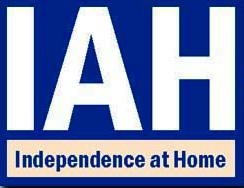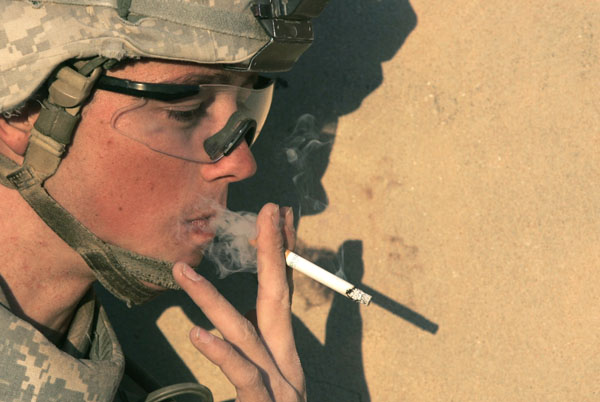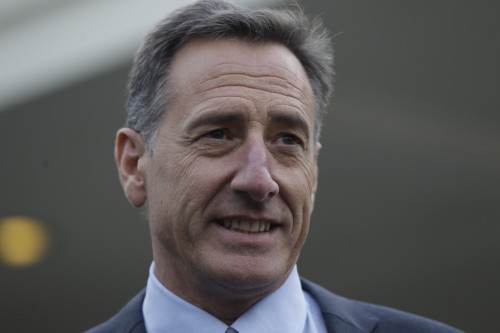To Save Billions, the Government Should Pay Doctors to Make House Calls
Dr. Bruce Kinosian still makes house calls, and he's proud of it. In fact, he introduces himself as a physician who goes to see his patients in their homes rather than insisting that they come to see him at his office.
 He's convinced that if more doctors did what he does, we could eliminate billions of dollars we currently spend in this country in an often-futile -- and almost always incredibly expensive -- effort to get people well.
He's convinced that if more doctors did what he does, we could eliminate billions of dollars we currently spend in this country in an often-futile -- and almost always incredibly expensive -- effort to get people well.
Much of that savings, he says, would accrue to the Medicare program, making it unnecessary for Congress to even consider eliminating benefits or raising the eligibility age.
Kinosian, associate professor of medicine at the Hospital of the University of Pennsylvania in Philadelphia, is a leading advocate of the Independence at Home (IAH) program, which quietly has been saving the Department of Veteran's Affairs (and taxpayers) lots of money -- and improving the quality of life for thousands of veterans -- for nearly three decades.

 Most nuclear reactors built in the U.S. in the 1960s and 1970s were explicitly designed to last for 40 years, but an
Most nuclear reactors built in the U.S. in the 1960s and 1970s were explicitly designed to last for 40 years, but an  On June 8,
On June 8,  Under
Under  Of the many supporters of a
Of the many supporters of a